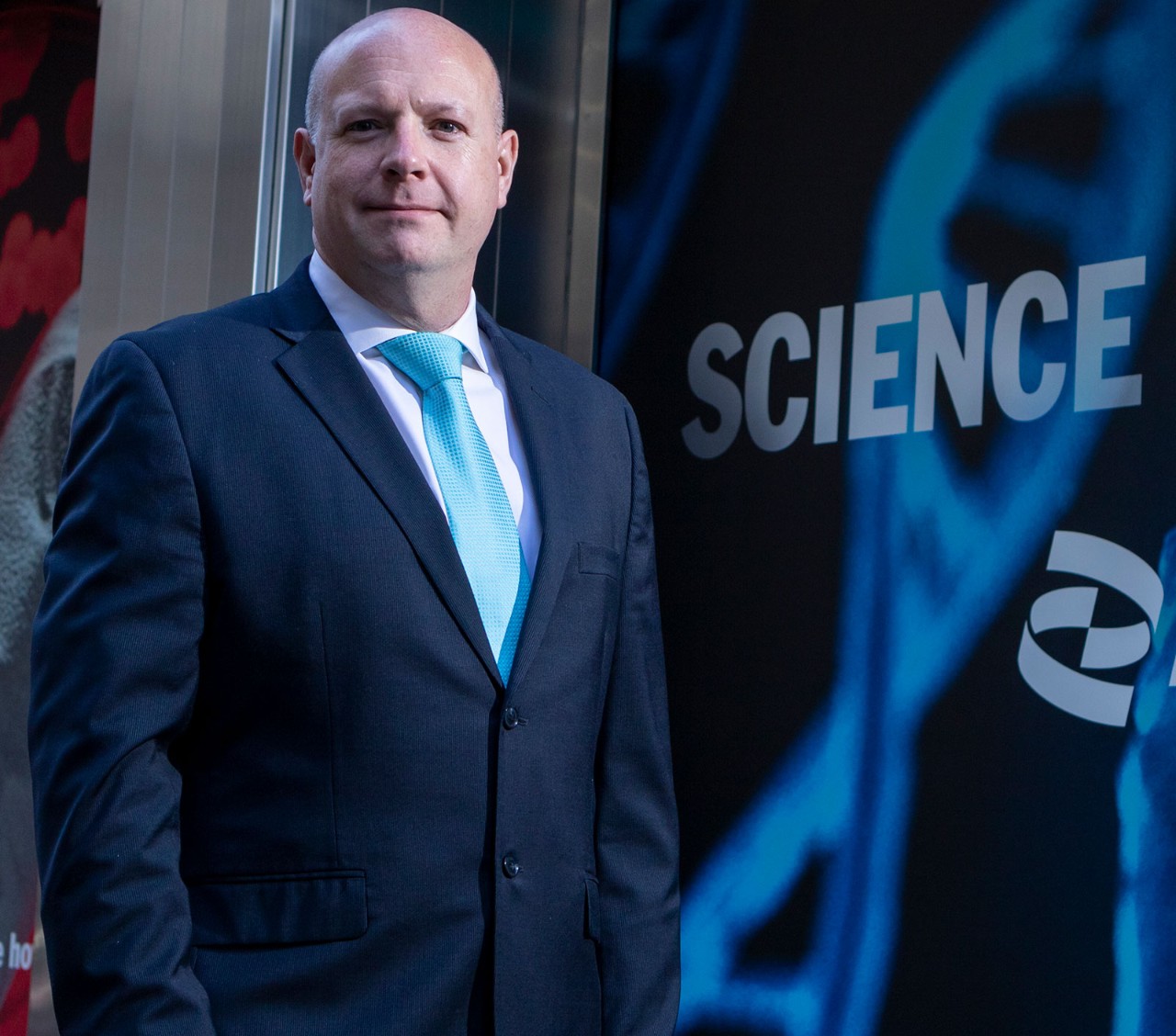
Data is vital to understanding the challenges of diversity and inclusion, according to Maxine Williams, Facebook’s chief diversity officer. Williams believes that even though definitions of diversity and inclusion could be consistent across industries and geographies, context and nuance are also essential.
‘Diversity is about having difference in your people population. Inclusion is about having an environment that can support difference and leverage it to deliver on its potential,’ Williams told a recent ACCA members conference in the Caribbean. 'Equity is an outcome indicator. What you want to do, by having a more diverse population and an inclusive environment, is to deliver equity, which are equal outcomes for all people,' she said.
The conference, Diversity & Inclusion: Leading Change, held on 11-12 March 2021 (and now available on demand), focused on the twin challenges of diversity and inclusion. Over two days, conference participants had the opportunity to learn from a wide range of Caribbean and international experts, with deep experience in advancing diversity and inclusion in their respective fields.
Focus on Facebook
Originally from Woodbrook in Trinidad and Tobago, Williams was the first person that Facebook hired to specifically build its diversity and inclusion strategy. Reporting directly to Facebook chief operating officer Sheryl Sandberg, Williams and her team are responsible for leading the company’s strategies to attract, retain and support diverse talent, and to integrate diversity across the company’s policy and product development.
In her remarks, Williams emphasised the importance of following the data: ‘It is a lot better to develop a strategy when you’re going off what the data is telling you.’ She shared an anecdote from her early days at the California tech giant, when a colleague told her that the company’s biggest diversity challenge was one of attrition and retention, with diverse candidates leaving faster than they could be hired.
No matter what industry you’re in, you really need to look at your data, and then consider what are your appetite, goals and resources
Upon examining the data herself, Williams discovered this was simply not the case. ‘The person telling me that [anecdote] hadn’t even looked at the data. When I looked at it, I saw a completely different story. I realised we were retaining [diverse candidates] really well. But we weren’t hiring fast enough to keep up with the growth of the company, so I needed to go really deep on recruiting strategies, not retention.’
Williams learnt from that early experience to always start with the data. ‘No matter what industry you’re in, you really need to look at your data, and then consider what are your appetite, goals and resources.’
As she said, doing so will enable you to ‘leverage different experiences, expertise and skills to build the right strategy – and follow through on them’.
Williams noted that ‘the whole reason that a company should be doing a diversity and inclusion effort is not to be able to say that you have more representation’. For her, it is actually about improving productivity and enhancing problem-solving.
Good intentions
ACCA immediate past president Jenny Gu opened the conference with a candid acknowledgment of how much work was still left to do: ‘Good intentions are fine, but sometimes, reality falls some way short of the ambition.’ Nevertheless, this is a challenge that ACCA has long recognised.
As Shelly-Ann Mohammed, head of the Caribbean office, noted, ACCA was the ‘first professional body to open up professional life to all people, regardless of class, culture, country or gender.’ She pointed out that ACCA was the first professional body to include women members, with the admission of British accountant and suffragist Ethel Ayres Purdie in 1909, the same year the first-ever recorded Women's Day was observed in New York.
Soo Yee Leong Executive Director, Markets at ACCA, echoed this view, adding that the conversation had now moved from asking about 'why' towards 'how'. During the conference, she hosted a lively debate between the female leaders of a number of Caribbean accountancy bodies, including Denise Chinpire O’Reilly FCCA, president of ICATT and Lydia McCollin FCCA, president of ICAB.
Betty Brathwaite, ACCA's Barbados local chapter chair made a similar point that 'embracing the many diverse definitions of diversity can in itself be a challenge’, but this could not be a barrier to action.
Increase the productivity of your business by leveraging the value that different perspectives bring
It was a recurring theme over the two days, with presentations from Sophia Khan, vice president, diversity and inclusion at Thomson Reuters, Gretchen Camacho-Mohammed, managing director of RBC Royal Bank in Trinidad and Tobago, and Patricio Torres, CEO of Nestlé Anglo-Dutch Caribbean. Each stressed that there was no such thing as a one-size-fits-all solution, leaning instead on the importance of maintaining a steadfast commitment to core ideals.
For every speaker, diversity and inclusion was not about a company’s public image, but about performance and productivity. In his presentation, Torres made this point clearly, stating: ‘Diversity and inclusion is not philanthropy. This is a way of building a strong and sustainable business.’
Brathwaite also cited an ACCA survey, Leading inclusion, which found that ‘nearly two-thirds of [ACCA members] saw a strong link between the diversity and inclusion agenda and organisational success.’ The same survey, from October 2020, found that just over 40% of ACCA members linked diversity and inclusion with improved decision-making.
Leading by action
Janet Plummer, chair of the ACCA’s chapter in Jamaica, made the most compelling case for why ACCA members were well placed to be leaders in diversity and inclusion. ‘Through our training as accountants, we are encouraged to be fair and act with integrity, and the only way we can be fair and act with integrity is if we take the view of all those others around us,’ she said.
In Plummer’s view, accountants needed to be mindful, empathetic, encouraging, and respectful of diverse perspectives. As it happens, these are all key ingredients for building a more diverse, inclusive and equitable organisation, regardless of who you are or where you come from. ‘Don't treat people the way you want to be treated. Treat people the way they want to be treated.’
Julie Hotchkiss, ACCA's people director added: 'Diversity, inclusion and equity are vital. They matter more than ever because organisations are increasingly focusing on a broader definition of success, often around the 3Ps of purpose, profit and people.
'For many organisations, we are being asked to evaluate this in different ways. Regulators and lenders are increasingly focusing on an ethical and sustainable lens in evaluating organisations. Innovation, the life blood of many organisations, is strongly linked to diverse views and opinions that are representative of the customer base.'




